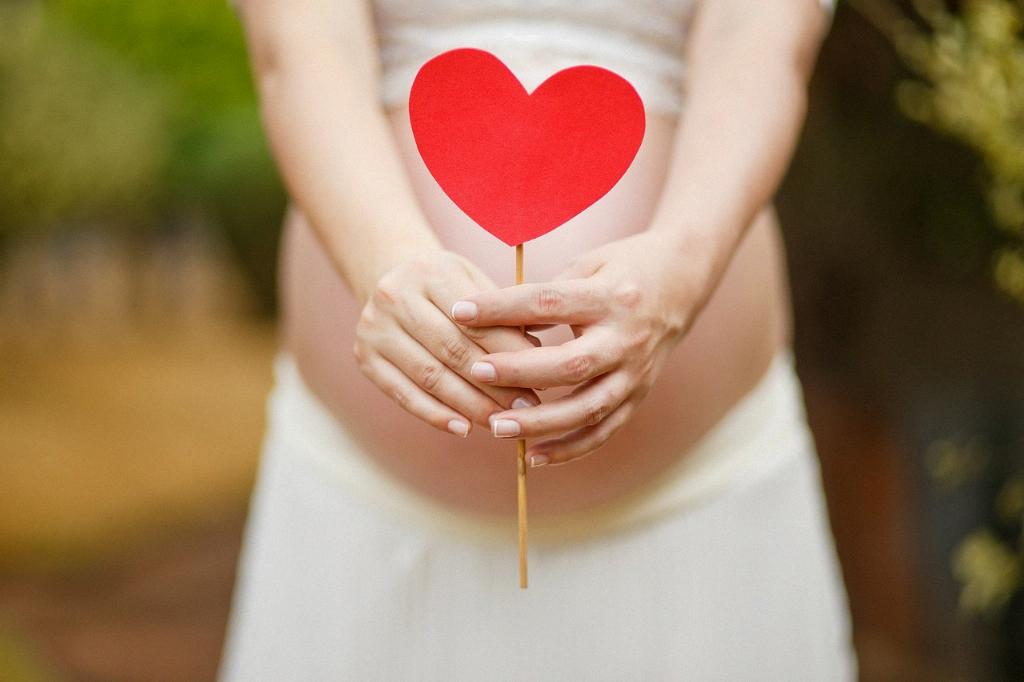When it comes to gender prediction during pregnancy, there are numerous old wives’ tales and theories that have been passed down through generations. One such belief is that the blood pressure of a pregnant woman may indicate the sex of her unborn baby. But is there any truth to this idea?
Recent research conducted at Mount Sinai Hospital in Toronto, Canada has shed some light on this topic. The study found that women who gave birth to boys tended to have higher blood pressure readings compared to those who delivered girls. Specifically, women who delivered boys had an average blood pressure of 106 mmHg, while those who had girls had an average blood pressure of 103 mmHg.
Furthermore, the study revealed that women with the highest blood pressure readings were approximately 45 percent more likely to have a boy than women with the lowest blood pressure readings. This finding suggests a potential correlation between blood pressure levels and the gender of the baby.
It is essential to note that while this study provides interesting insights, it is crucial not to rely solely on blood pressure readings as a definitive indicator of the baby’s gender. Pregnancy is a complex and multifaceted physiological process influenced by various factors, making it challenging to predict the sex of the baby accurately based on a single parameter like blood pressure.
Factors such as genetics, hormonal influences, and sheer chance all play significant roles in determining the sex of the baby. While blood pressure may have some association with the likelihood of having a boy or a girl, it is just one piece of the puzzle in the intricate process of fetal development.
Additionally, it is important to consider that blood pressure can fluctuate throughout pregnancy due to a variety of reasons, including hormonal changes, physical activity, and stress levels. These fluctuations do not necessarily indicate the gender of the baby but rather reflect the dynamic nature of the mother’s cardiovascular system during this crucial period.
Expectant parents should approach gender prediction with a light-hearted and open-minded attitude, recognizing that no method is foolproof and that the ultimate surprise and joy lie in the moment of discovering the baby’s sex at birth.
While it can be fun to speculate about the gender of the baby based on various indicators, including blood pressure, it is essential to remember that the most crucial aspect of any pregnancy is the health and well-being of both the mother and the baby. Regular prenatal check-ups, a balanced diet, adequate rest, and emotional support are paramount in ensuring a smooth and healthy pregnancy journey.
In conclusion, while there may be a correlation between blood pressure levels and the likelihood of having a boy or a girl, it is crucial to approach gender prediction with caution and a realistic perspective. Pregnancy is a miraculous and unpredictable experience, and the joy of welcoming a new life into the world transcends any preconceived notions about gender based on blood pressure readings or other unverified methods.

